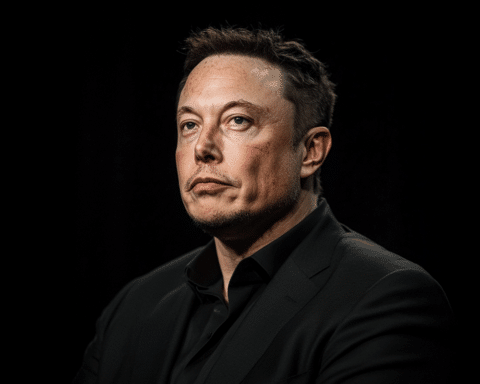Pavel Durov, the founder and CEO of the popular messaging app Telegram, was arrested in Paris over the weekend on charges related to his platform being allegedly used for illegal activities. The arrest has sparked a global conversation, drawing responses from governments and tech experts alike. Telegram, known for its privacy features, faces growing scrutiny from authorities for its role in facilitating criminal activity.
What is Telegram?
Telegram, launched in 2013 by Pavel Durov and his brother Nikolai, is a messaging app offering one-on-one conversations, group chats, and large “channels” for broadcasting messages to subscribers. Telegram differentiates itself from competitors like WhatsApp by allowing up to 200,000 people in group chats, compared to WhatsApp’s limit of 1,024. While Telegram supports end-to-end encryption, it is not the default option and does not apply to group chats.
“Popular Telegram features like group chats and channels are not end-to-end encrypted. That means that Telegram can access their contents,” said John Scott-Railton, a senior researcher at the University of Toronto’s Citizenlab. This distinction raises concerns about how Telegram handles sensitive information and moderates illegal content on its platform.
The Arrest of Pavel Durov
French authorities arrested Pavel Durov at Paris-Le Bourget Airport after he arrived from Azerbaijan. He was taken into custody for allegedly allowing illicit transactions, including drug trafficking and child sexual abuse images, to occur on Telegram. Durov was released after four days, but he was required to pay 5 million euros in bail and report to the police twice a week while the investigation continues.
The charges against Durov include “complicity in managing an online platform to allow illicit transactions by an organized group,” a serious crime under French law that can lead to a sentence of up to 10 years in prison. The arrest has sparked heated discussions, with some questioning whether the platform or its owner should be held responsible for the misuse of its services.
How Telegram Responded
Telegram defended its stance through an official statement, claiming that it abides by European Union laws and continuously improves its content moderation processes. “Almost a billion users globally use Telegram as a means of communication and as a source of vital information. We’re awaiting a prompt resolution of this situation. Telegram is with you all,” the company stated.
Additionally, Durov himself has remained silent on the charges, though his platform reiterated that “he has nothing to hide and travels frequently in Europe.”
Criticism of Telegram’s Content Moderation
Telegram’s approach to content moderation has faced significant criticism from Western governments, who argue that the platform’s policies are too lax. Experts like David Thiel from Stanford University have pointed out that Telegram has not been responsive to law enforcement requests, which makes it a haven for illegal activities. “Telegram is less secure and more lax in terms of policy and detection of illegal content,” Thiel stated, adding that the platform has yet to submit any CyberTipline reports despite its widespread use for illegal transactions.
Countries such as Germany and Brazil have taken legal actions against Telegram for its failure to comply with local laws. Germany issued fines of 5.125 million euros for not establishing proper reporting channels for illegal content, while Brazil temporarily suspended the app for withholding data in an investigation linked to school shootings.
Global Reactions
The arrest of Durov has triggered a mixed global response. In Russia, Kremlin spokesperson Dmitry Peskov urged patience until formal charges were announced but did not provide further comments. Surprisingly, Russia, which once tried to ban Telegram, now defends its founder, suggesting political motivations behind the arrest.
In contrast, Elon Musk, a vocal supporter of free speech, tweeted “#freePavel” in solidarity with Durov. This growing support for Durov reflects a broader debate about platform accountability and the role of tech companies in moderating user content.
The arrest of Telegram CEO Pavel Durov raises critical questions about the responsibility tech platforms have in preventing illicit activities. While Telegram continues to champion privacy and freedom of speech, authorities in France and other countries are scrutinizing its content moderation policies. As the investigation into Durov unfolds, the future of Telegram and its role in global communications hangs in the balance.





